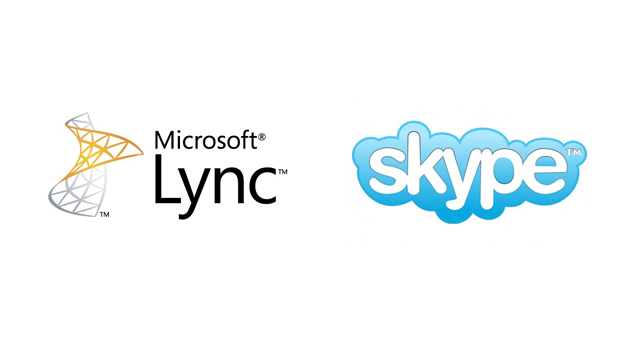Microsoft has announced that its enterprise-focused instant messaging app Lync will be replaced with the new Skype for Business next year.
Microsoft Lync, formerly known as Microsoft Office Communicator, has been a popular app for enterprise users to keep in touch and communicate, including integration with Sangoma Express for Lync. However Microsoft now has a new ‘Skype for Business’ tool that will replace Lync. Microsoft has said that even after it replaces Lync sometime “in the first half of 2015,” Skype for Business will still remain an Office 365 service.
The MS Lync instant messaging app uses Microsoft Lync Server, but Microsoft says that Skype for Business will sport a new client experience, as well as a new server release.
For the past 10 years, Microsoft has invested in the transformation of business, disrupting the status quo with Lync, by simplifying and unifying all of the different tools people used to communicate for work. We made Lync a core part of Office to make it easy for people to connect with others to get work done. Lync means the freedom to work anywhere. It’s like tapping someone on the shoulder to say ‘let’s chat’ no matter where you are in the world. Colleagues meet together and make decisions in an instant and IT Professionals rest easy knowing their end-users are supported by a secure platform for that they manage and control. Today, thousands of organizations, large and small, count on Lync for voice, video and conferencing,” Microsoft states in its announcement. “In the first half of 2015, the next version of Lync will become Skype for Business with a new client experience, new server release, and updates to the service in Office 365. We believe that Skype for Business will again transform the way people communicate by giving organizations reach to hundreds of millions of Skype users outside the walls of their business.”
Microsoft will include the Skype icons for calling, adding video, and ending a call, as well as the call monitor. At the same time, the new Skype for Business will also build on the existing capabilities of Microsoft Lync, including telephony and content sharing. Microsoft has also simplified the process of transferring a call, which will take only one touch or click instead of three.
Skype for Business will serve as Skype, with Lync’s enterprise features for security, compliance, and control.
Skype for Business will replace Lync in the first half of 2015, but the exact date is currently unconfirmed.
Share this story with your friends or work colleagues. If you want to stay up to date with our latest products, industry news and offers you can sign up to our monthly newsletters, keep up to date with us on Facebook or follow us on twitter @VoIPon.







